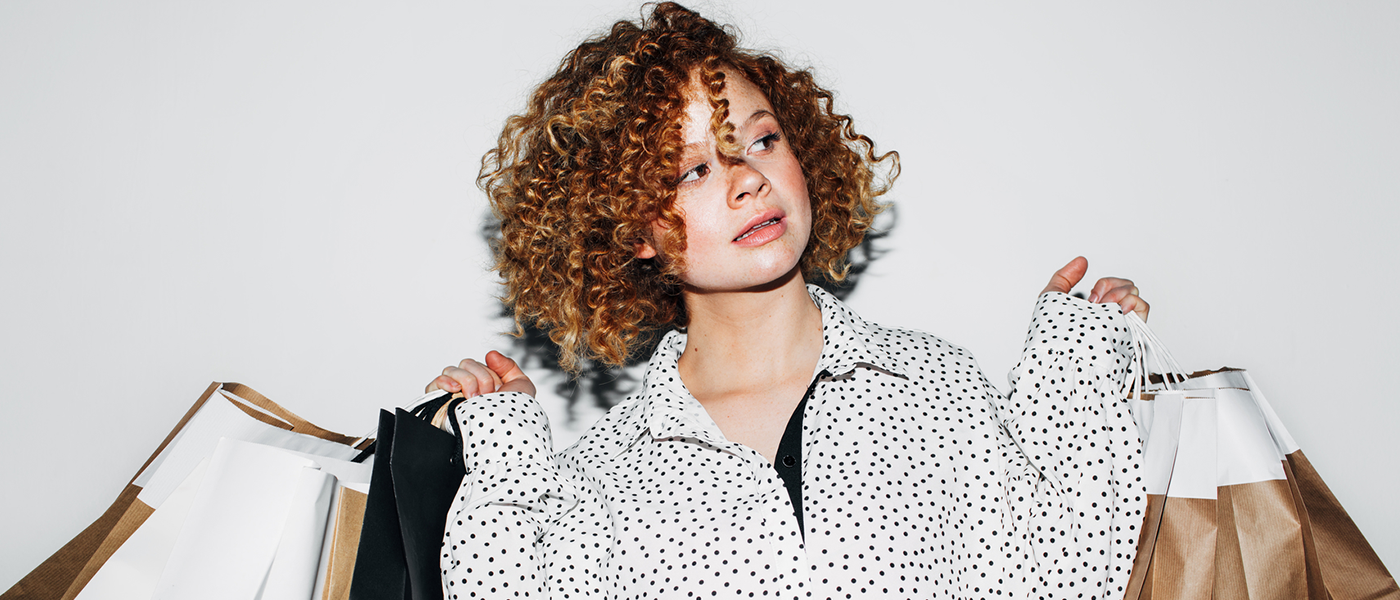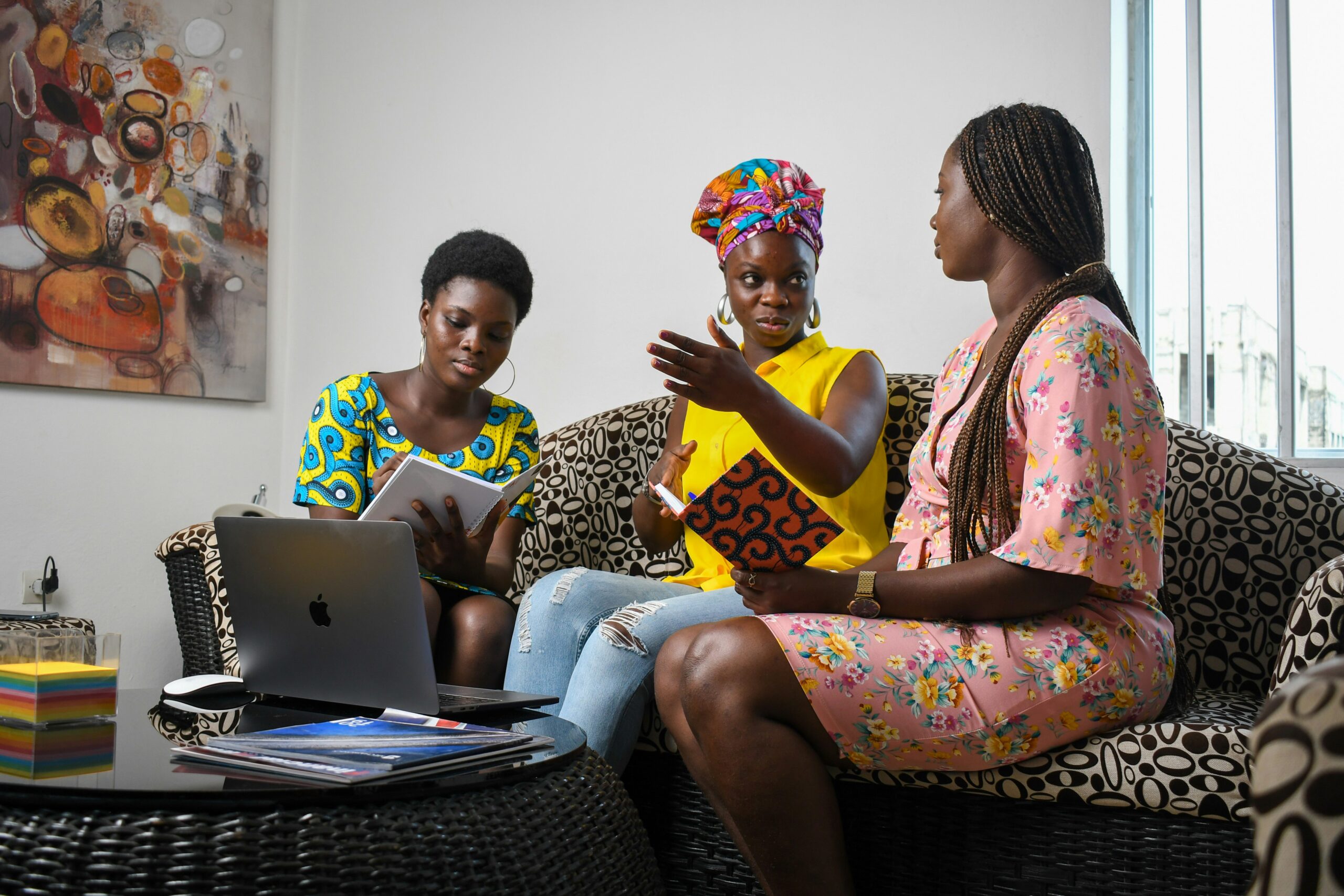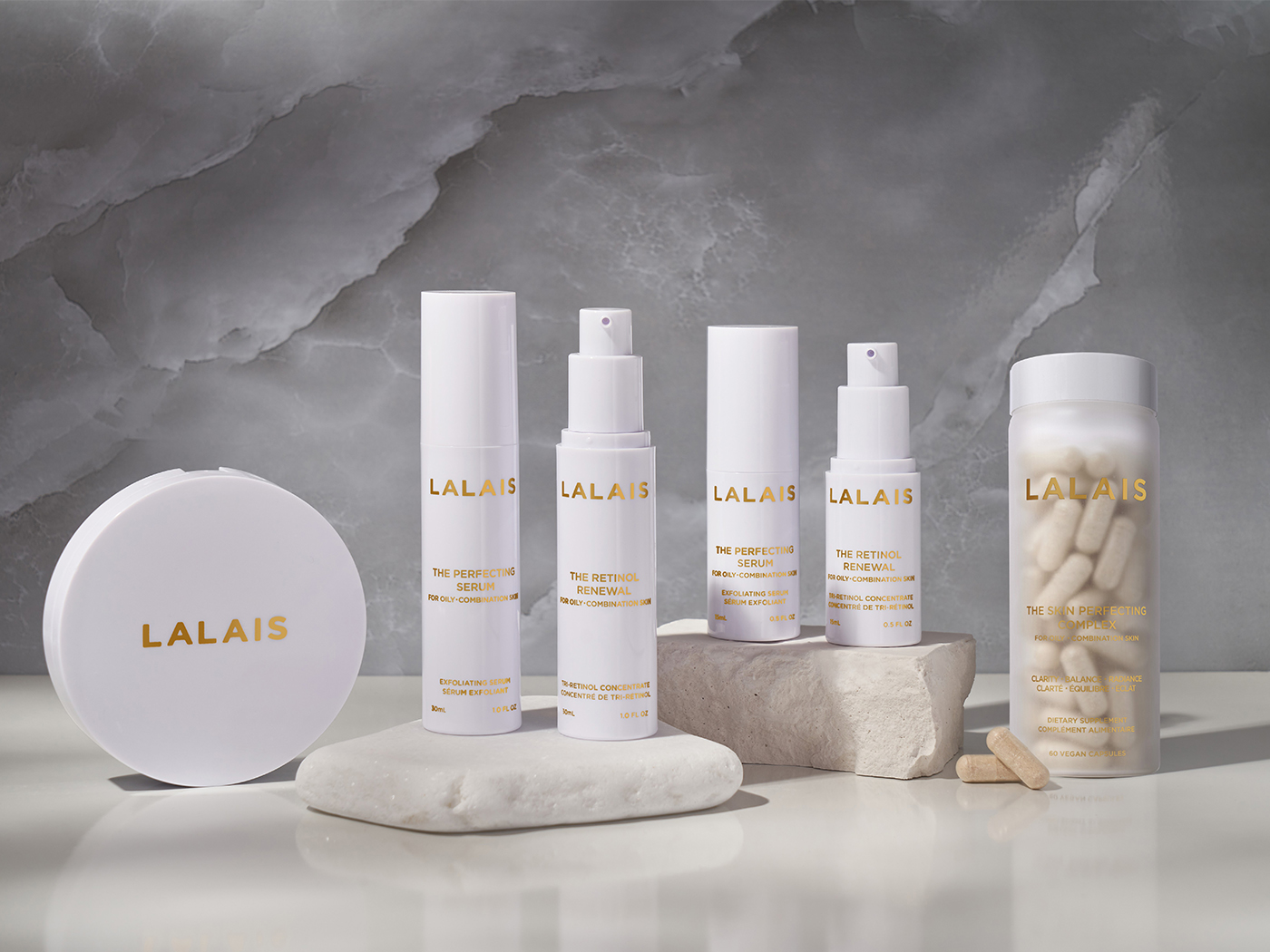By Faye Brookman
Health and beauty registered as a top category traffic driver on Black Friday, posting an 18.9 percent leap in physical store traffic versus last year, according to RetailNext.
Data from the National Retail Federation’s annual survey showed that a record 196.7 million Americans shopped in stores and online from Thanksgiving Day through Cyber Monday during the five-day holiday shopping period. Shopping traffic was the highest figure NRF has ever tracked since it began monitoring shopping behavior in 2017. The totals shattered initial projections, leading NRF to predict that sales from November 1 through December 31 will at least match previously established sales growth forecasts of between 6 percent and 8 percent over 2021 to between $942.6 billion and $960.4 billion.
While foot traffic grew, general merchandise sales for the week ending November 26, 2022, spanning Thanksgiving, Black Friday, and Small Business Saturday, sales revenue was 5 percent lower than during the same week in 2021, while unit sales were down 8 percent, according to U.S. retailer point-of-sale information collected by The NPD Group. Total November 2022 general merchandise retail sales revenue was 8 percent lower than it was in 2021.
“Black Friday appears to have brought more shoppers out to the stores, but that traffic clearly didn’t amount to more spending,” said Marshal Cohen, Chief Retail Industry Advisor for NPD.
The bright spot? Beauty. Which was the only industry tracked by NPD where revenue and unit sales both increased during Black Friday week compared to each of the three previous years. Even the typically heavy-selling Black Friday industries, like technology, toys, and apparel, fell short of last year’s sales performance.
Larissa Jensen, Vice President, Beauty Industry Advisor at The NPD Group, shared Black Friday results, highlighting gains in prestige beauty.
“Despite what I observed to be a slow start to the day in-store, I am delighted to report that for Black Friday week (ending November 26), prestige beauty posted growth in the mid-single digits for both dollars and units. While this growth is more tempered than what we have seen throughout the year, we are up against some pretty spectacular numbers, so I call this a huge win,” read a post on Larissa’s LinkedIn page.
Despite online record sales, there was an uptick in brick-and-mortar sales—good news for the beauty category, which is highly sensory and benefits from impulse purchases. According to the NRF, more than 122.7 million people visited brick-and-mortar stores over the weekend, up 17 percent from 2021. Black Friday is the most popular day for physical stores. Approximately 72.9 million consumers opted for a more traditional in-person shopping experience, up from 66.5 million in 2021.
“It is important to note that while some may claim that retail sales gains are the result of higher prices, they must acknowledge the historical growth in consumers who are shopping in-store and online during the long Thanksgiving holiday weekend and into Cyber Monday. It is consumer demand driving growth,” said NRF President and CEO Matthew Shay.
Black Friday’s foot traffic is a good sign, according to Joe Shasteen, Global Manager, Advanced Analytics at RetailNext. “Analysts were expecting in-store visits to be down this year, but the data clearly shows a different picture,” he said.
NielsenIQ’s report on Black Friday and Cyber Monday revealed that despite inflationary pressures, people were shopping in a big way.
The top three categories included clothing/shoes (63 percent), electronics (49 percent), and toys (35 percent.) On Cyber Monday, NIQ data shows that Beauty & Personal Care ranked fourth, with 25 percent of shoppers saying that’s where their money went. Gift-giving and getting good deals were the top reasons people shopped on both days, NIQ said.
Retail industry maven Deborah Weinswig, the founder of Coresight Research, echoed experts’ sentiments.
“Black Friday was record-breaking, and traffic to stores was in positive territory. BOPIS [buy online purchase in store] has continued to drive traffic to stores, and retailers were specifically promoting these types of orders,” Deborah said.
Deborah said, “and our analysts saw discounts on the day ranging from 50 percent to 70 percent. Companies also reported that they are seeing promotional activities in their most recent earnings. And, stores were very well stocked with inventory as most brands and retailers are having excess inventories.”
Several indie beauty brands said they were pleased with pre-Holiday sales, driven by gift-giving purchases, early messaging, and promotions.
Alicia Grande, the founder of Grande Cosmetics, said, “it seems like shopping behavior is shifting back to pre-pandemic trends and habits,” noting that shoppers are returning to shopping centers, a destination they shunned during the height of COVID.
“We decided to start Black Friday and Cyber Monday deals earlier because of the trends we saw. We began our sitewide promo on November 21 and extended our Black Friday sale a day early on Thanksgiving. While Black Friday was the brand’s most important revenue-driving day, year-over-year company sales are still flat.”
However, Alicia expects end-of-year sales to provide a push since she will extend holiday promotions in Ulta Beauty to include 30 percent off items from December 2 to December 8 on their Lash Luggage and Lip Luggage sets.
Ron Robinson, founder and CEO of BeautyStat, said early promotional messaging to consumers prior to Black Friday helped spike sales.
“All categories are seeing a lift, but this time of year, fragrance, home fragrance, and self-care are doing well. We had a fantastic promotion in full distribution nationwide with Ulta Beauty where we took 30 percent off the entire range from November 27 to November 29,” Ron said.
Beekman 1802’s CEO Jill Scalamandre said the brand exceeded its online holiday weekend sales goals by 15 percent. “We had 22 percent growth year-over-year, and that’s just on our ecomm,” she said. “Our brand is excellent for gifting.”
Sonage started its deals on the Monday before Thanksgiving, a strategy the brand said helped top its goal of increasing sales by 20 percent over last year, according to CEO Anisha Khanna. The skin care range launched an advent calendar, a vehicle that has been especially popular for beauty.
Skin care brand Pili Ani bypassed a Black Friday promotion in 2021 but released a 15 percent discount online from November 18 to November 30 that is off to a strong start, according to Mary Jane Ong, Pili Ani’s CEO.
Favorable weather, sharp promotions, and flexible payment options drove people to malls and strip centers, according to several store managers interviewed by Beauty News.
“People are shopping for entertainment. They want to get out versus last year when there was a spike in COVID cases. Everything is selling,” said a Sephora sales associate on the morning of Black Friday at the Mercer Mall in Lawrenceville, N.J.
At the Mall at Short Hills, Bonnie Serrapica of Chatham, N.J., shepherded her out-of-town friends to the tony shopping mecca. Their purchases included Charlotte Tilbury’s Airbrush Matte Bronzpriced ($56) and five Shea Butter Hand cream tubes from L’Occitane ($12.50 apiece).
At the Town Center at Boca Raton, FL, a Sephora beauty advisor ticked off several Black Friday best-sellers: the entire clean Freck Beauty range ($17.50 to $32); a Huda Eye Shadow Palette on sale for $32 (regularly $65); the entire Rare Beauty range (one consultant sold $600 worth of Rare Beauty blush in one day); the Charlotte Tilbury Pillow Talk collection (several sku’s sold out, including the Lip Kit at $52 and Multi-Glow at $45).
Walmart and Target benefitted from the masstige and prestige brands they added to their mix in the past year, especially in clean beauty. At Target, Being Frenshe by Ashley Tisdale — a collection of certified clean body and personal care products priced from $7.99 to $16 — and Pacifica, another clean brand (retailing between $3.99 and $24.99) — were almost completely sold out at a West Palm Beach, FL store. Walmart saw traction on the super-hot skin care brand, Bubble, which has price points below $20, excluding sets.
The busiest stores identified by experts included Sephora, Ulta Beauty, Macy’s, Bath & Body Works, and Walmart. According to Captify, a leading search intelligence platform, Walmart clocked more online searches for Black Friday bargains than Amazon. They also reported that demand caused Ulta Beauty’s site to crash briefly on Black Friday when deals were released.
Sephora was one of the busiest areas in Hillsborough, N.J. Kohl’s—indicating the store-in-store concept is gaining traction. The same store last year did not have noticeable foot traffic.
Despite the hunt for bargains, a study from First Insight found shoppers are willing to dig deep into wallets for desired products, and there could be opportunities to slice sales. Seventy-five percent of those polled said they are happy to pay full price for gifts. – with contributions from Andrea Nagel




